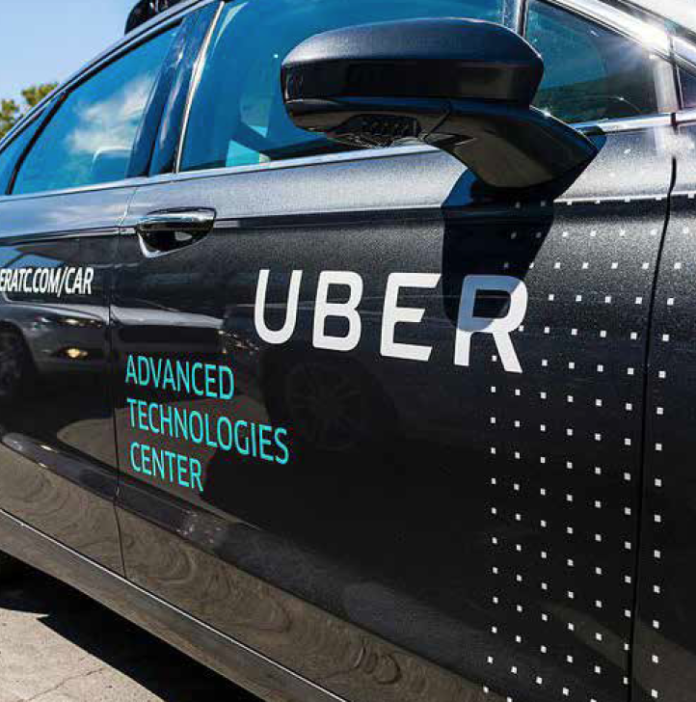Wouldn’t it be ironic, as well as tragic, for a driverless vehicle to cause a death on Seaport Boulevard in the heart of the Innovation District? There may be a future for this type transportation option. but regulators need to be vigorous in their oversight.
Boston has put its self-driving car testing program on hold after an autonomous Uber vehicle struck and killed a woman walking in Tempe, Arizona. “We put the program on hold for a couple of days here to see what’s going on,” Boston Mayor Marty Walsh told reporters on Tuesday. “I think one of the things this tells us is, we have to really look at who’s going to be regulating this industry. The airline industry has regulations. The transportation industry has regulations.”
The city has partnered with nuTonomy, Optimus Ride and Aptiv for on-street testing of self-driving technology in the Seaport. nuTonomy has branched out to test throughout the South Boston Seaport, while the other two companies have been confined to the Raymond Flynn Marine Park.
Over a two-week trial in November, a select group of volunteers tested out nuTonomy’s self-driving cars in Boston. The participants hailed a ride using the company’s booking app. The trips they took looped around the Seaport District, starting at the company’s Drydock Ave. office and moving onto Summer Street into downtown Boston and back along Congress Street. “Universally, people felt safe in the cars,” according to a company official. “Some people felt that the cars were almost too safe, a little bit too cautious.”
For nuTonomy, the pilot is a crucial step in understanding how autonomous vehicles can be used for ride-hailing. The company has its sights set on launching a commercial self-driving car service in Singapore in 2018. The country is a key part of nuTonomy’s strategy to launch the world’s first robot taxi fleet. That’s mainly because regulations are easier to navigate in Singapore, according to the company. nuTonomy, which originally spun out of MIT, was acquired by auto supplier Delphi Automotive. That company also acquired another self-driving software company, Ottomatika Inc., in 2015.
Toyota announced that it was halting tests of autonomous cars after the death. The Japanese car company said Wednesday that it would temporarily suspend testing of its “Chauffeur” autonomous driving system on US roads. “We feel the incident may have an emotional effect on our test drivers,” said Toyota spokesman Brian Lyons. Toyota had been road-testing self-driving vehicles in Michigan and California, Lyons said. He added that the number of self-driving vehicles being tested by Toyota was “small” and didn’t specify how long the suspension would last. Toyota earlier this month said it planned to invest up to 300 billion yen ($2.8 billion) with the goal of developing its self-driving car capabilities.
The car that killed a 49-year-old woman in Arizona late Sunday night was in autonomous mode and a 44-year-old operator was behind the wheel of the vehicle, according to ABC15 Arizona, which reported the woman struck was walking outside of a crosswalk. “It’s a tragedy what happened yesterday,” Walsh said, adding: “You also learn from terrible accidents like that.”
nuTonomy has been “very responsive,” said the Mayor.












